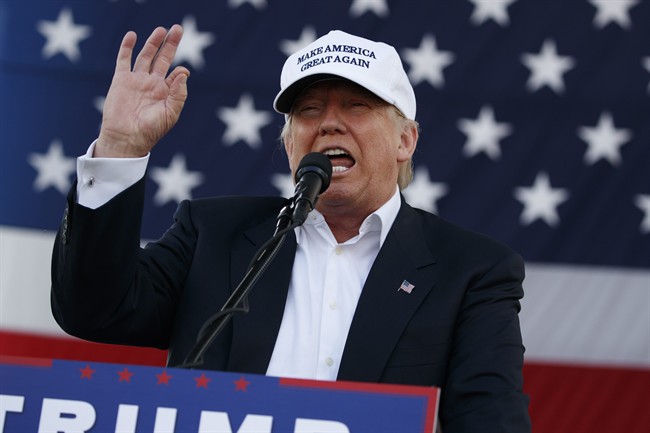The apparently politically-motivated shooting of a high-ranking U.S. Republican congressman has prompted a debate as to the extent to which a toxic political climate may have contributed to the horrific crime.

James Hodgkinson, identified by police as the gunman, was strongly anti-Republican and a big supporter of Bernie Sanders. Some Republicans have suggested that animosity toward U.S. President Donald Trump and Republicans in general may have contributed to the shooting.
Certainly those who would promote, defend, or excuse political violence have no place whatsoever in mainstream political discourse. That would also apply those who find it appropriate to joke about their political opponents being killed or otherwise harmed. Rhetoric that dehumanizes one’s political opponents, or that casts them as having an evil or sinister intent, is not helpful either. Those engaged in such tactics deserve not just condemnation but ostracization, too.
READ MORE: Wife of gunman who shot Rep. Steve Scalise says she saw no signs he was planning attack
However, tragedies like this should never be exploited to justify the suppression of legitimate political debate. In a free society we are free to not just oppose the policies of governments but to vocally and vigorously oppose those policies. Any calls to “tone it down a notch” fail to explain where those notches lie or who gets to decide what counts as acceptable discourse. We should be wary of any call to police speech.
It’s surprising, though, to see conservatives engaged in this sort of tactic. Usually they’re the ones on the receiving end of it. Two decades ago, conservative media pundits and politicians were accused of fuelling the sort of violent anti-government sentiment that led to the Oklahoma City bombing. In 2011, the conservative Tea Party movement — and Republican politician Sarah Palin in particular — were blamed for contributing to the shooting of Arizona congresswoman Gabrielle Giffords. Such accusations were unfair then and they’re unfair now.

Get breaking National news
There’s also a fair amount of hypocrisy at play here. Trump himself, for example, is no stranger to provocative and inflammatory political rhetoric, as witnessed on the campaign trail last year.

Earlier this week, Republican commentator Newt Gingrich told Fox News that “you’ve had a series of things which send signals that tell people that it’s okay to hate the President.” This is the same Newt Gingrich who once felt it was acceptable to accuse president Obama of having a “Kenyan, anti-colonial” worldview. Republican congressman Steve King suggested that Obama shares blame for the divided political culture that led to this week’s shooting. This is the same Steve King who once warned that electing Obama would lead to a “totalitarian dictatorship.”
READ MORE: Norway marks sombre 5th anniversary of Oslo terror attack
If these folks want to defend rough-and-tumble rhetoric, then fine. But the babe-in-the-woods routine is pretty pathetic and transparent.
- Parents plead for return of plaque honouring Brentwood 5 massacre victims in Calgary
- Alberta hospital support staff ratify collective agreement with province: union
- Calgary to use ‘open cut’ method for feeder main replacement work in Bowness
- Alberta auto insurance reforms aim to reduce court battles over compensation
Conservatives in Canada would do well to avoid falling into the same trap, lest they wind up rendering their own criticisms of Justin Trudeau, Kathleen Wynne, and Rachel Notley as beyond the pale.
For example, RCMP last month arrested and charged a Lethbridge woman with making threats toward the federal government, and the Prime Minister’s wife in particular. Does that mean Conservatives should bite their tongues or pull their punches in criticizing the Liberal agenda?
In Alberta, government statistics show a sharp increase in the number of threats directed at Premier Notley. Additionally, Calgary MLA Sandra Jansen was given a security detail after she received threats following her defection from the Progressive Conservatives to the ruling New Democrats.
Many Albertans understandably have strong opinions about the policies of the Notley government and the ethics of political floor-crossing. Hopefully those opinions will be expressed in a respectful way, but when it comes to even uncouth and impolite language we should err on the side of protecting speech. Unless a link can be demonstrated between a threat or act of violence and a specific instance of political speech, it’s wrong and unfair to use that threat or act as a pretext for censorship.
Our political differences need not be overcome, but hopefully we can unite in swiftly and loudly condemning those who carry out, incite, encourage, or justify acts of political violence.
Rob Breakenridge is host of “Afternoons with Rob Breakenridge” on Calgary’s NewsTalk 770 and a commentator for Global News.












Comments